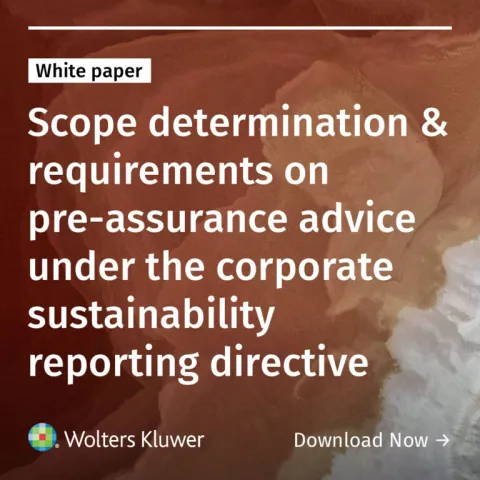Slovenia ratifies PPA and Unifed Patent Court Agreement
October 19, 2021
Slovenia has deposited its instrument of ratification for the Protocol on the Provisional Application of Unified Patent Court Agreement and the UPCA itself.

“Thanks to the Slovenian ratification and following the recent ratification of the PAP-Protocol by the German government, one last ratification (or expression to be bound) is now necessary in order for the Court to enter the final phase of its set-up”, the Committee has stated.
The expectation is that Austria will be the decisive Member State and will be in a position to ratify the Protocol within months. Half August, the UPC Preparatory Committee wrote it expected this “to take place in a timely manner during autumn of this year”.
Two weeks ago however, the epi wrote that it expects “Austria could be able to ratify the Protocol on Provisional Application of the UPC Agreement as the thirteenth Signatory State before the end of Q1/2022.”
The epi has recently published an updated overview on the ratification process of the Unified Patent Court Agreement. It has been compiled by the epi Litigation Committee.
Once the last remaining ratification of the Protocol or an expression to be bound by it has been registered, the period of provisional application “and therefore the implementation of the UPC as an international organization” will be triggered, according to the UPC Preparatory Committee. “During this phase of provisional application, the following will take place, in particular: the adoption of the secondary legislation and the Court’s first budget, the completion of the electronic case management system including stress testing, the process to select and appoint the judges of the Court.”
You may also like














Jan Verbist
The UPC lobby is considering that the UK requirement for the PPA to enter into force will vapourize?
Francine DELGOFFE
UK is still a requirement for the PPA to enter into force? It seems the UPC Preparatory committee has found a workaround to put it into force anyhow.
Concerned observer
It seems to me that there is a fundamental inconsistency between two beliefs held by proponents of the UPC. That is, it appears that the UPC's proponents believe that it is necessary to bring the PAP into force in order to provisionally apply the Articles of the UPCA mentioned in that Protocol, whereas it is NOT necessary to bring into force any other international agreement in order to (provisionally) amend Article 7(2) of the UPCA. The conclusion and ratification of the PAP indicates that the Participating Member States believe that, on the subject if provisional application, it is necessary to proceed in accordance with the VCLT. That is, because the UPCA does not itself contain any provisions which would permit its provisional application, the Member States have "in some other manner so agreed" for provisional application of certain parts of the UPCA. This is in accordance with the requirements of Article 25(1)(b) VCLT. However, when it comes to amendment of Article 7(2) UPCA, it seems that the Participating Member States are of the view that it is NOT necessary to proceed in accordance with the VCLT. Because Article 87 UPCA provides rules for amending the UPCA, Article 40(1) VCLT dictates that the UPCA must only be amended in accordance with those rules. This creates an inescapable trap, as Article 87 can only be relied upon if and when the UPCA comes into force ... which cannot happen unless and until Article 7(2) UPCA is amended to remove the reference to a court location in a non-EU state. The obvious solution to all of this would be to ditch the current UPCA and to then draft, sign and ratify an amended version that makes no mention of London. Indeed, this is the only solution that would stand any chance of complying with the provisions of the VCLT. However, it seems that the risks associated with the inevitable squabbles over the new location(s) for the London branch are too much for the UPC's proponents to bear, with the consequence that the Member States have now developed selective blindness to certain requirements of the VCLT. Now that the EU is (again) lecturing Poland on the need to adhere to the rule of law, it is immensely hypocritical of the Participating Member States to simultaneously pursue a course of action that, purely for the sake of convenience, completely trashes the rule of law.